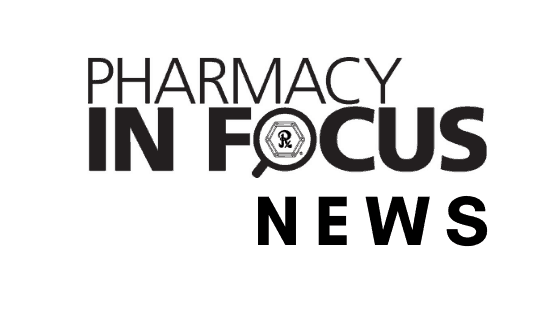Number of confirmed cases in Northern Ireland – 77
The total number of tests completed in Northern Ireland – 1,646.
GPHC AND PSNI ISSUE GUIDANCE ON RESPONSIBLE PHARMACIST
The General Pharmaceutical Society (GPhC) and the Pharmaceutical Society of Northern Ireland (PSNI) have issued joint guidance on the regulatory approach during these difficult times.
The guidance – which was issued by GPhC Chief Executive, Duncan Rudkin, and PSNI Chief Executive, Trevor Patterson – concerns the procedure that needs to be followed should the responsible pharmacist have to unavoidably leave the pharmacy at short notice due to feeling unwell or having to self-isolate.
‘We recognise,’ the bodies said in a statement, ‘that in highly challenging circumstances, professionals may need to depart from established procedures in order to care for patients and their families. Our regulatory standards are designed to be flexible and to provide a framework for decision-making in a wide range of situations.
‘Even during highly-challenging circumstances, professionals quite rightly want to meet the legal requirements that apply. This includes the duty on the responsible pharmacist to secure the safe and effective running of the pharmacy in relation to the retail sale and supply of all medicines. We recognise there may be situations where the responsible pharmacist unavoidably has to leave the pharmacy at short notice part-way through the day, (eg. if they are unwell and need to self-isolate).
‘Where no locum cover can be secured at the pharmacy, and recognising the potential effects of the current pandemic, it would be in the patient’s best interest for medicines already dispensed to be supplied from the pharmacy rather than not supplied at all, even though this may not be in strict accordance with the law as normally understood.
‘The pharmacy regulators will support pharmacy professionals in the front line making this judgement in patients’ best interests. In such circumstances we would expect there to be access to a pharmacist by phone or video link to provide direction for the remaining staff in the pharmacy.
‘Such an approach should only be adopted for a short time period, where other options have been exhausted. Except in such exceptional circumstances, even in the current pandemic situation, arrangements must be made for a pharmacist to be at the pharmacy, including to undertake the responsible pharmacist role and supervise the sale and supply of POM and P medicines.
‘We will continue to regulate by taking into account the context of the individual pharmacy and any relevant information about resource, guidelines or protocols in place at the time, including those relating to pandemics.’
‘KEY WORKERS’ OUTLINED
Education Minister Peter Weir has outlined ‘key worker’ groups whose children can still be taught in schools as of Monday 23 March 2020.
They include:
- Health and social staff, including doctors, nurses, midwives, paramedics, social workers, home carers and staff required to maintain our health and social care sector
- Education and childcare, including nursery, teaching staff and social workers
- Public safety, including police, firefighters and prison staff
- Transport, including air, water, road and rail transport providers
- Utilities and communication, including oil, gas, electricity and water staff
- Food and necessary goods, including production, processing, distribution and sales staff
- Key national and local government, including those with administrative jobs essential to delivering the Covid-19 response.
- Other workers essential to key public services.
NHS CALLS FOR FORMER PHARMACISTS TO RE-REGISTER
The NHS has called upon former pharmacy professionals, alongside doctors, nurses and other health professionals, to re-register and help in tackling the greatest global health threat in the history of the health service. The plans are part of the extensive work to date to prepare for the likely health effects of the Covid-19 pandemic.
Duncan Rudkin, Chief Executive of the General Pharmaeutical Council (GPhC) has confirmed the body’s commitment to playing its part in helping with this initiative.
‘These are challenging times and the GPhC is committed to playing its part in helping to tackle the COVID-19 pandemic.
‘We realise people may have questions about the temporary registration process and we will be publishing more information on this soon.
‘We will continue to work closely with the NHS, Chief Pharmaceutical Officers across Great Britain, the Department for Health and Social Care and other regulators to help meet the challenge of the COVID-19 pandemic together.’
The GPhC has said that it has powers to temporarily register fit, proper and suitably experienced people to act as pharmacists and pharmacy technicians to help protect public health in the event of an emergency.
It is therefore contacting former pharmacy professionals who have left the register in the last three years with up-to-date skills and experience and who may be able to help. This includes people who have voluntarily removed themselves, or were removed for non-renewal from the GPhC register in the last three years.



